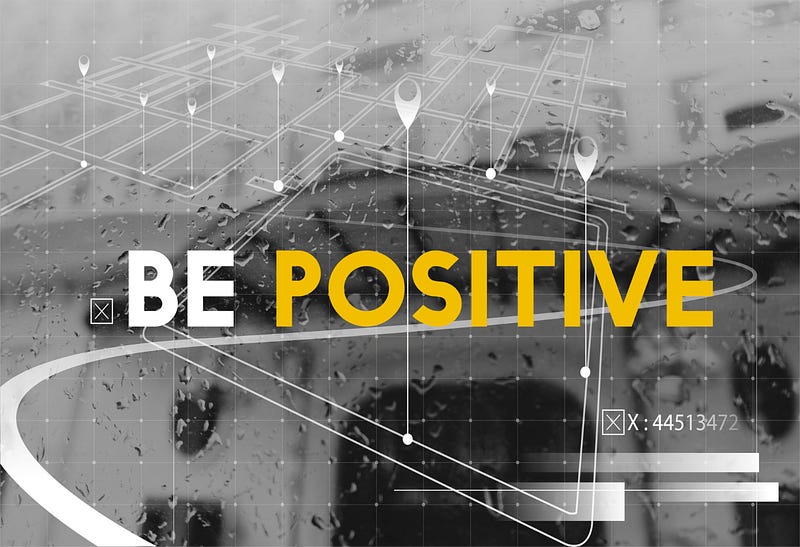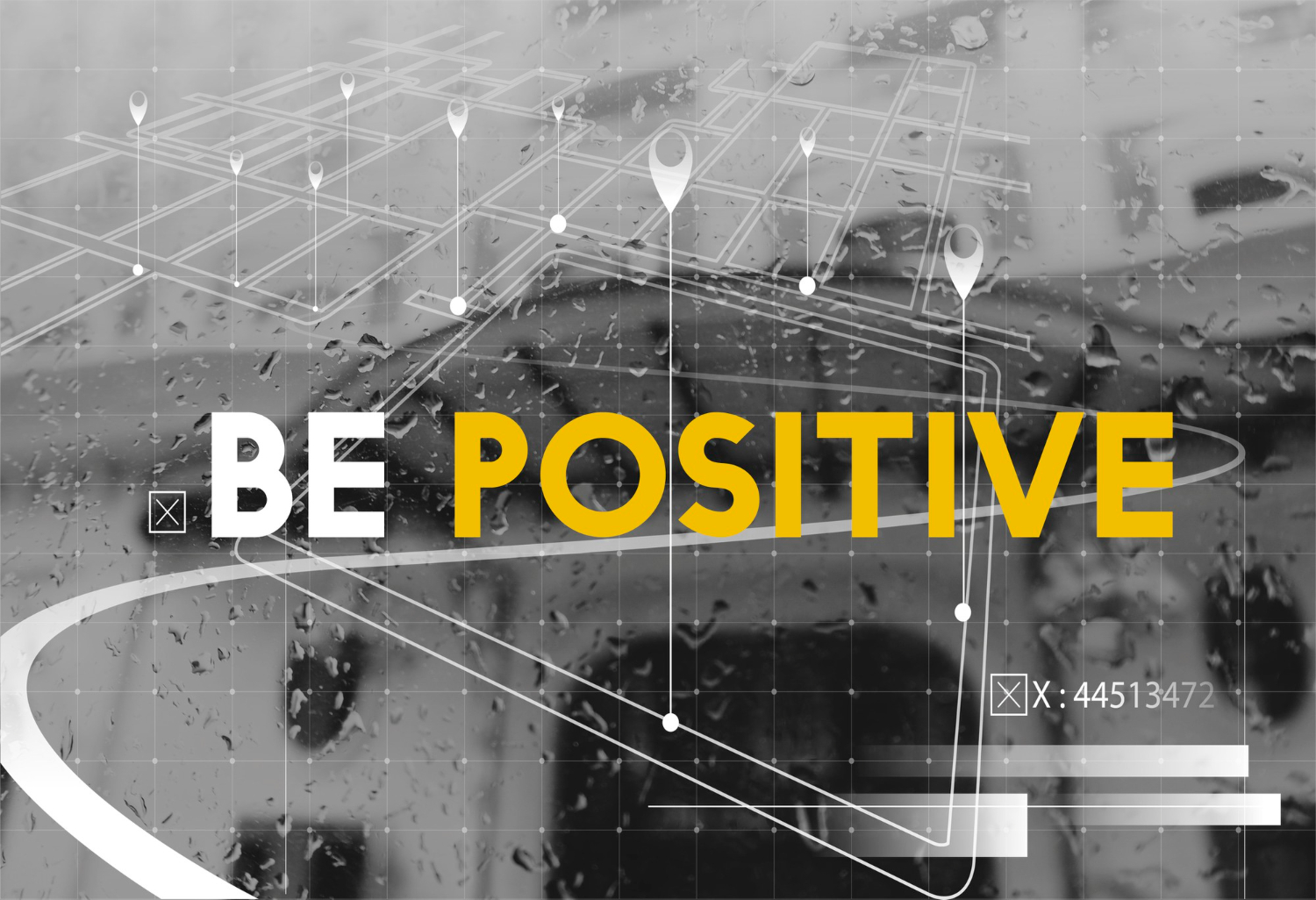
Introduction
The way we perceive our abilities, talents, and intelligence profoundly influences our behavior, our learning, and ultimately, our success. This perception can be defined through the concept of “mindset.” Introduced by psychologist Carol Dweck, mindsets fall into two categories: fixed and growth. The fundamental difference between them revolves around how individuals view their abilities and how they respond to challenges, feedback, and failure. This article dives into the key differences between a fixed and a growth mindset, how these mindsets shape behavior, and why adopting a growth mindset can transform your life.
1. What is a Fixed Mindset?
A fixed mindset is the belief that abilities, intelligence, and talents are static traits that cannot be changed. People with a fixed mindset believe that their qualities are carved in stone — either you have a talent for something, or you don’t. These individuals may often think that effort is futile because their abilities are innate and unchangeable. For them, challenges and failures are indicators of inherent flaws, and they tend to avoid situations that might expose their weaknesses.
Characteristics of a Fixed Mindset:
- Avoidance of Challenges: Individuals with a fixed mindset tend to steer clear of difficult tasks, viewing them as threats to their perceived competence.
- Giving Up Easily: When faced with obstacles, they may quickly give up, assuming they lack the necessary talent or intelligence to succeed.
- Viewing Effort as Fruitless: Hard work is often seen as pointless because they believe that talent, not effort, determines success.
- Ignoring Constructive Feedback: Criticism is perceived as a personal attack rather than an opportunity to improve.
- Feeling Threatened by Others’ Success: The achievements of others can trigger feelings of jealousy, insecurity, or inadequacy, as they view success as a zero-sum game.
Example of a Fixed Mindset: A student who performs poorly on a math test might say, “I’m just not good at math, and there’s no point in trying harder because I’ll never get better.”
2. What is a Growth Mindset?
A growth mindset, on the other hand, is the belief that abilities and intelligence can be developed through dedication, hard work, and learning. People with a growth mindset see challenges as opportunities to grow and are willing to put in the effort to improve. They understand that setbacks are part of the learning process and view failures as temporary and a necessary step towards mastery.
Characteristics of a Growth Mindset:
- Embracing Challenges: Challenges are seen as a chance to learn and grow, pushing individuals out of their comfort zone.
- Persistence in the Face of Setbacks: Instead of giving up, they persist and seek alternative strategies when faced with obstacles.
- Seeing Effort as the Path to Mastery: They believe that consistent effort, practice, and hard work can lead to improvement and success.
- Welcoming Constructive Feedback: Feedback is viewed as valuable information that can guide them toward better performance.
- Finding Inspiration in Others’ Success: Rather than feeling threatened, they find motivation and inspiration from the achievements of others.
Example of a Growth Mindset: The same student who performs poorly on a math test might say, “I didn’t do well this time, but if I study differently and seek help, I can improve and get better at math.”
3. How Mindsets Shape Behavior and Outcomes
The mindset you adopt has a significant impact on various aspects of life, from academic and professional achievement to relationships and personal well-being. Here’s how:
a) Response to Challenges
- Fixed Mindset: Avoids challenges to prevent failure or embarrassment. Challenges are seen as a risk that might expose limitations.
- Growth Mindset: Embraces challenges as opportunities to stretch capabilities. Challenges are exciting because they provide a chance to learn.
b) Approach to Effort
- Fixed Mindset: Views effort as a sign of inadequacy. If they have to try hard, it means they’re not naturally good at it.
- Growth Mindset: Sees effort as essential for growth. They are willing to put in the necessary effort to develop their skills.
c) Handling of Setbacks
- Fixed Mindset: Interprets setbacks as a lack of talent and often gives up easily. A failure confirms that they are not good enough.
- Growth Mindset: Considers setbacks as a natural part of the learning process and a chance to try again with a better strategy.
d) Receptiveness to Feedback
- Fixed Mindset: Takes feedback as a personal criticism and often becomes defensive.
- Growth Mindset: Values feedback as a useful tool for identifying areas to improve and welcomes it as guidance for progress.
e) View of Success
- Fixed Mindset: Feels threatened by the success of others, leading to envy and insecurity.
- Growth Mindset: Celebrates others’ success and uses it as inspiration for their own journey.
4. The Origins of Mindsets
Mindsets are often shaped by early life experiences, including parenting, education, and social influences. Praise plays a significant role in mindset formation. Children who are praised for their innate abilities (“You’re so smart!”) are more likely to develop a fixed mindset because they equate success with talent. In contrast, children who are praised for their effort (“You worked so hard!”) tend to develop a growth mindset, understanding that effort is key to improvement.
5. How to Shift from a Fixed to a Growth Mindset
While mindsets can be deeply ingrained, they are not fixed. Anyone can develop a growth mindset with deliberate practice and the right strategies. Here are some steps to shift from a fixed mindset to a growth mindset:
a) Acknowledge and Identify Your Mindset
- Reflect on areas of life where you tend to have a fixed mindset.
- Recognize triggers that make you feel threatened or defensive, and observe your reaction to challenges and setbacks.
b) Reframe Negative Self-Talk
- Change limiting statements like “I can’t do this” to “I can’t do this yet.”
- Focus on what you can learn rather than what you can’t do.
c) Seek Learning, Not Validation
- Focus on gaining knowledge and skills rather than seeking approval or validation.
- Take on tasks that may challenge your abilities, even if they result in failure initially.
d) Embrace Effort and Persistence
- Understand that hard work is a pathway to improvement. Embrace the discomfort of learning something new.
- Celebrate small wins and recognize progress, no matter how minor.
e) Learn from Criticism
- Instead of taking feedback personally, analyze it objectively.
- Use criticism to adjust your strategies and refine your approach.
f) View Setbacks as Opportunities
- When faced with failure, analyze what went wrong and what you can do differently next time.
- Treat setbacks as experiments and adjust your methods accordingly.
6. The Benefits of Adopting a Growth Mindset
Developing a growth mindset can lead to numerous benefits:
- Enhanced Resilience: You become better at handling challenges and setbacks.
- Greater Motivation: A growth mindset fuels a desire to improve and learn.
- Increased Achievement: People with a growth mindset tend to perform better academically and professionally because they don’t give up easily.
- Better Relationships: A growth mindset fosters open communication and understanding in relationships, as you’re more likely to view conflicts as opportunities for growth.
- Overall Well-being: A growth mindset contributes to lower stress, greater happiness, and improved mental health.
Conclusion
The difference between a fixed and a growth mindset is profound, influencing nearly every aspect of how we live our lives. A fixed mindset limits potential, leading to avoidance of challenges and a fear of failure, while a growth mindset opens up a world of possibilities, encouraging learning, persistence, and resilience. By adopting a growth mindset, you can transform not only your approach to challenges and failures but also the trajectory of your personal and professional life. The shift from a fixed mindset to a growth mindset is a journey, but it’s one that holds the key to unlocking your true potential. Embrace the mindset that failure is not a defeat, but a stepping stone to success.
